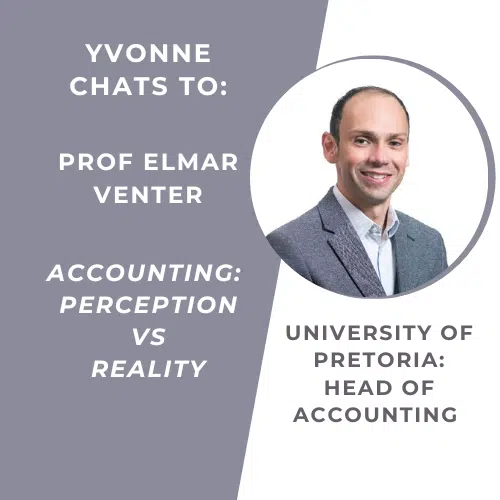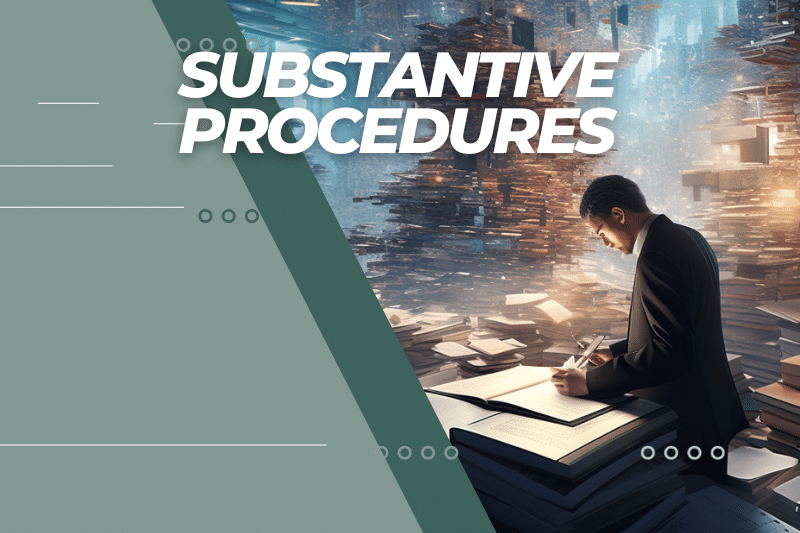Every semester I look around the classes I lecture and see the faces of the students sitting in front of me. I see pretty much the same thing every year, from most students. The faces may change, but the expressions are fairly similar. The expressions generally say the following:
“I REALLY don’t want to be sitting in an Auditing lecture, but I guess I don’t have a choice”
“Go on, I DARE you to try keep me awake for the next few hours!”
“This is the most boring, most irrelevant subject on earth, why on earth do I have to study this stuff?!”
and my personal favourite:
“Nothing personal, but I really wish this lecturer would pass out or something so we can get out of this class faster!!!”
There are a few students who clearly enjoy the subject, but they generally keep it quiet and whisper in my ear after class that they secretly enjoy Auditing, but I mustn’t share this with anyone! Scandalous!
Every semester I have a chat to each of my classes to try get them to see the value in their Auditing studies, so I thought I’d share some of these points and discussions with you.
So why don’t students like Auditing?
I’ve been lecturing Auditing at various levels for over 15 years, and I come across the same sentiment repeatedly. Students inform me they don’t like Auditing. A lot of them inform me of this before they’ve even started studying the subject! When I ask them what Auditing is about… they can’t actually tell me, but they do know they don’t like it! Why? They’ve heard so many fellow students complaining about it, that they’re not prepared to give the subject a chance. They adopt other students’ opinions as their own! (Reminds me a little of peer pressure!)
For the students who are studying it, there is a definite resistance against the subject, and a lot of it comes from the fact that it seems as though the work you put in doesn’t really pay off. That’s enough to put you off a topic. But why does this happen? Why is Auditing so DIFFICULT?!
It’s quite simply an expectation gap. Most students get into Accounting studies because they were good with numbers at school. Science, Maths, even Accounting. If you were strong with formulae and numbers, you were probably pointed in the direction of Accounting studies. Then, without any warning, you’re thrown into Auditing… and all the strengths you thought you had disappear out of the window!
Auditing is a communication subject. It is not formula driven, not numbers-based. It requires COMPLETELY different skills to Accounting. So if you got into Accounting for the formulae, numbers-based components, it is to be expected that Auditing won’t come naturally to you! This doesn’t make you incompetent, it just means that you need to learn different skills.
Accounting students are generally perfectionists. Most students want to know EXACTLY what they’re doing before they attempt a question… and with Auditing… that could be NEVER! You never feel like you know enough to attempt a question, and this doesn’t sit comfortably with perfectionists, so students revert back to studying something else they feel more comfortable with.
Is Auditing at all relevant to you?
This is a question I’ve been asked hundreds of times over the years, by students who tell me they don’t plan on staying in Auditing practice after qualifiying.
My answer? “Auditing is probably the MOST relevant subject you study!”
No, I haven’t gone mad… I promise you! Think about this… as a professional who plans on working in finance, (in any capacity, in any industry) here are a few things you need to be able to do…
- Understand the risks associated with running businesses
- Understand the flow of information through a business
- Understand how to develop and grow a business by identifying things that could go wrong, and figuring out how to prevent them
I think we can all agree that these are extremely important, high-level skills that you’d need to run your own business, or anyone elses! Where do you get taught these skills? Tax? Accounting? Financial Management?
Auditing is the only subject you’ll study that will teach you how to assess a company and identify what’s actually going on inside that company. It will teach you how information and systems should work, to make sure you know how systems in a business should be set up, and what may go wrong if it’s not done properly.
Ask yourself… what makes a better businessman / businesswoman? Being able to calculate a figure in the financials? Or being able to assess the efficiency of the business and recommend improvements?
By teaching you how to ‘check’ something, you have to learn how it should be done as well!
Am I saying that your other subjects are worthless? Not at all… they are important, but get used to seeing the combined value to you as a professional of all your subjects!














10 Comments
In all fairness there are lots of gaps in your thinking.
A business revolves around its costs and strategies and reactions to business risks, which are all topics covered in management accounting.
Your argument falls flat when comparing it to successful businessmen like Richard Branson who never did auditing.
You first need a product or a service which is demand before you can even think of running a business.
There is a big difference between the risk for an auditor and the risk for a business owner/manager. I’m not saying they should be isolated but your first step still comes from management accouting.
The majority of marks in Jan 2014’s ITC were awarded to management accounting so it shows that even SAICA prioritises management accounting. Unless you think the folks over at SAICA have no idea of running a business.
You may want to re-read the article with the intended message in mind. The intended message being: Auditing has more value to you as a future finance professional than teaching you how to audit. In no way have I indicated that the other disciplines are not important… they have a combined value. Students generally see the value of the other disciplines a lot faster than with Auditing. Hence the focus on Auditing here.
SAICA exams are not set as an indication of what will make you more successful as a business-person. They’re set on academic principles that seek to examine whether the candidate understands and can apply the relevant examinable pronouncements. Since they can never all be examined in one sitting, these are shifted and selected year on year.
Soo soo true!!!
Auditing really helps in any business environment whether it’s the auditing practice or commercial.
Thank you Yvonne!
I don’t hate auditing and I understand its relevance in my career… I just don’t understand why I hardly earn enough marks to pass :'(
I’m heartbroken, to say the least, but I found myself repeating 2nd level Auditing almost 10 times… Even after that, I dread that I must take 3rd level ones. How and when am I ever going to graduate with such an obstacle?
thank you, for the first time I make the connection. I too hate auditing with passion maybe that is why I almost pass, I have been sitting in my 40″s as a final year mark.
Yvone ..do truee.
I think people hate Auditing also because there is so much literature and so little time to study it. Especially if you have other subjects to complete in the semester. UNISA students find it especially hard because they don’t have lecturers to tell them what to read and understand, and what to memorise. People who mark exams and assignments also expect answers to be presented in a certain format (e.g. applying a theory to a situation) and a student who’s exposed to Auditing for the first time will tend to go straight to the answer. But as a student who’s now doing Auditing2602 I can honestly say that certain things are too repetitive. I felt like I was wasting my time when I read the same things in the Auditing Notes and in the Legislation but I really find the subject exciting.
Lol… I think you need to join my online course for AUE2602. 😉 My videos explain the stuff really nicely… and wait until you see what I’ve done for you for the General and Application controls (Students really struggle with that!) 🙂
I might just join your class.
Yeah… you won’t be sorry 😉